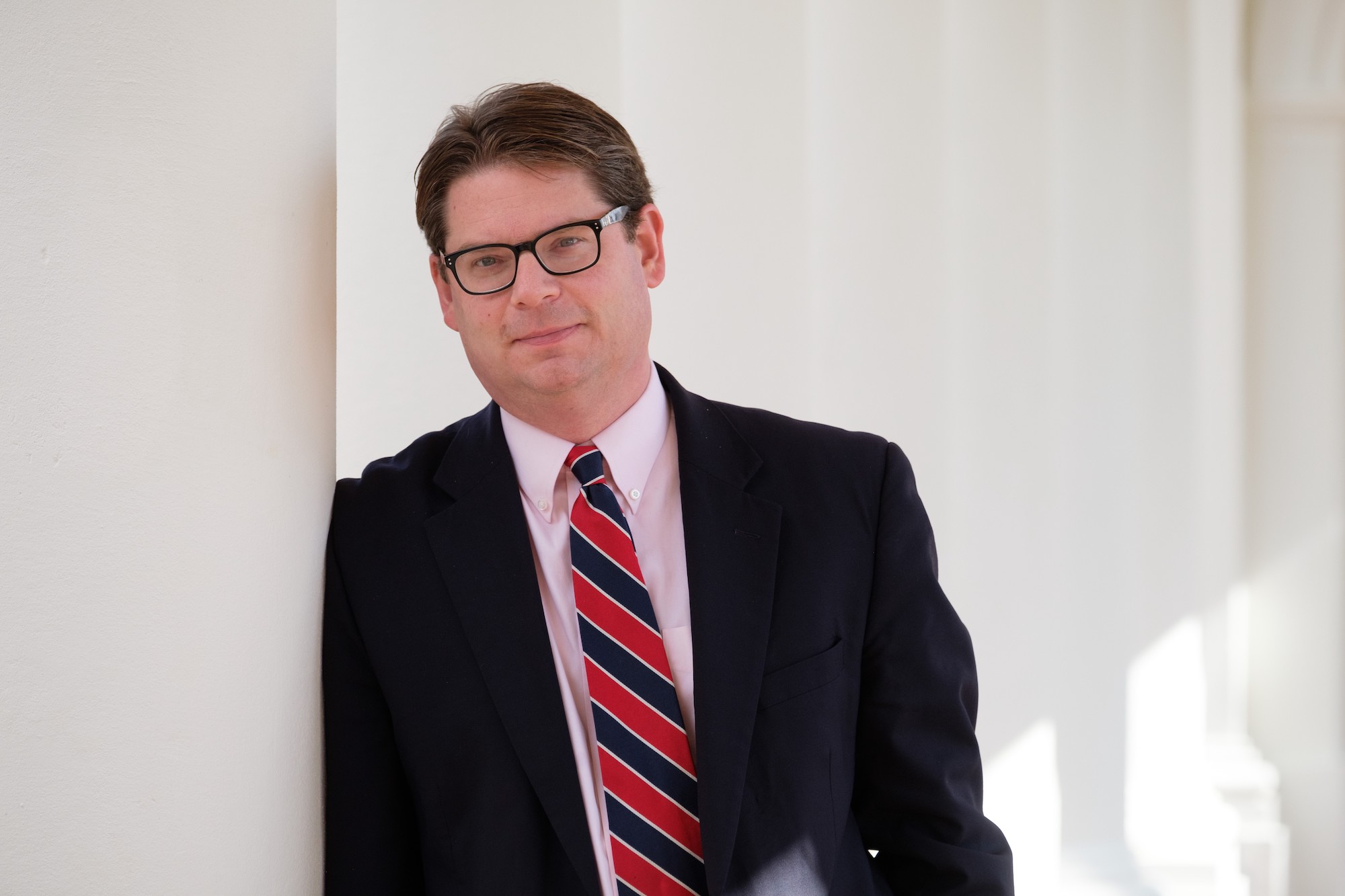
Written by William C. Duncan
September 22, 2020
Children who attend private schools are more likely to have stable marriages. They are less likely to have a child while unmarried. Adults who attended Protestant schools are twice as likely to be in stable marriages, compared with adults who attended public schools, and 50% less likely to have a child outside of marriage.
Why? Exceptional peer environments and “presenting a clear vision to students about marriage and family life.” These are some of the findings of a fascinating new study from the American Enterprise Institute and the Institute for Family Studies, “The Protestant Family Ethic,” authored by Albert Cheng, Patrick J. Wolf, Wendy Wang, and W. Bradford Wilcox.
Dr. Wilcox sat down with us to answer some questions about this new research.
William Duncan, Sutherland religious freedom policy fellow: What did you learn about the effect of private schools on family life and how did various private schools do in relation to one another?
Wilcox: In this new report, we find the children who have attended private schools are more likely to go on to getting and staying married, and to steer clear of nonmarital childbearing. So, it appears the private schools are more successful in fostering strong families, compared to public schools across the land.
In this regard, Protestant, Catholic, and secular private schools all have an advantage over public schools. Nevertheless, Protestant schools stand out.
Why is this? We think there are at least two reasons why Protestant schools are more likely to succeed in educating students for a strong family future. First, their peer environment is exceptional. In our data, the teens who attend Protestant schools are markedly more religious, less likely to use drugs, and also much less likely to be sexually active. So, being surrounded by peers like this seems to put you on a better future family trajectory.
Second, Protestant schools are more likely to strongly articulate the idea that marriage matters, and the idea that marriage is the best place to have and rear children. Presenting a clear vision to students about marriage and family life, we think, helps explain why Protestant schools do better with children’s long-term family formation.
By contrast, secular private and public schools either steer clear of addressing the contested moral issues today surrounding family life, or they tend to promote family diversity as an ideal. Catholic schools fall in the middle today. Some Catholic schools present a clear and compelling vision of family life to their students, whereas others are more likely to steer clear of the topic, given the controversy that it can engender among students and parents, particularly because Catholic schools actually serve surprisingly diverse clientele.
So, in a phrase, in today’s schools, when it comes to family formation, both peers and principles seem to matter.
Duncan: Does the research provide any insights into the value of creating space in our educational system for religious schools?
Wilcox: Given the importance of strong families for the welfare of adults, children and communities, this research suggests that public policy should be more supportive of private schools in America. Right now, private schools are overwhelmingly the domain of the rich and the privileged. I’d like to see a world where your family income does not determine your ability to pick the best school for your children.
Voucher programs that give parents ability to choose where to send their kids would be helpful here.
Duncan: What additional insights did you get from the study?
Wilcox: Our report indicates that peer effects across Catholic, Protestant, and secular private schools with respect to expectations for attending college are very similar. But those same effects differed dramatically among our private schools, when it comes to things like sex, drug use and peer religiosity. We did not compare these schools on academic outcomes.
The thrust of our report was to suggest that parents and policy makers need to think about ways in which the influence of schools extends well beyond the 3 R’s to … family life.
More Insights
Read More
What you need to know about election integrity
It should be easy to vote and hard to cheat. This oft-quoted phrase has been articulated as a guiding principle by many elected officials wading into voting and election policy debates in recent years. So why has this issue been so contentious, and what’s the solution?
How transparent are school districts about curriculum?
Utah districts don’t need to wait for legislation to be transparent – many have sought to be transparent on their own. District leaders interested in this reform can do several things right away.
What you need to know about the upcoming state party conventions
The two major political parties are about to hold their state conventions. Here’s what you need to know.



